
What Happens If a Brake Line Breaks
Our car’s braking system is an integral part of our car. When we want to stop at a red light, slow down, or put our car in park, we need the help of a healthy brake system. However, like most components in our car, the brakes can become defective after awhile. The biggest issue that people tend to have with their car’s brakes is that when they push down on the brake pedal, the pedal goes all the way to the floor. When we tap on our brakes, it only takes a little bit of pressure to stop the car; if you are having to press the pedal all the way to the floor, then there is probably a leak in the brake line. A brake line is important, as it gives your brakes the pressure it needs to stop your car. Without a working brake line, you’re unable to brake properly. The brake line produces the pressure it needs from brake fluid, so if this fluid is leaking out, you are going to have a problem. In this post we will talk about what happens when the brake fluid leaks, how to stop it, and when to get brake line repair.
What Happens If Your Brake Fluid is Leaking?
There are a couple of reasons why your brake fluid might be leaking.
- The bleeder valves are too loose.
- There are caliper seal issues.
- There are wheel cylinder problems.
- The master cylinder is leaking.
- ABS unit is defective.
At the first sign of your car leaking any fluid, you will need to take it into a professional mechanic. Just like an AC technician would be needed to provide air conditioner parts replacement, you need an expert auto mechanic to ensure that your car is not leaking brake fluid and doesn’t require brake line repair. A lot of people who think they might have a break fluid like typically ask, “Can you drive with a brake fluid leak?” and the answer is no. It is not good for the car if you continue to drive the car with any type of leak. Even if the leak isn’t caused by brake fluid, a leak is still a cause for concern. If a warning light appears on your dash, you have to push the entire pedal down to brake, the brake feels spongy or soft when you brake, or you have trouble braking, take your car to a trust auto mechanic shop for an inspection. If they find that there is a brake leak, they can provide brake line repair service.
How Do You Stop a Brake Fluid Leak?
While it is imperative to get brake line repair to stop a brake leak, there might be times when you can’t get to an auto repair shop for a while. Car owners who have a brake leak might want a brake line repair how to in order to reduce some of the damage that a brake leak can cause. This isn’t a fix-all solution, but there are things that can be done to fix the situation for a little bit. You can either buy a kit specifically for your brake leak or you can rebuild different parts of the brake line like the master cylinder. However, or you can buy a completely new part a replace it on your own. The risk of doing these things, even when you have source material from YouTube and Google is that there is the possibility that you might make the issue a lot worse. In all honesty, it is better to drive the car with a leak for a little while than to try an attempt to fix it on your own. A certified mechanic will be able to provide brake line repair without causing issues to the car. If you have to wait a little bit to get your brake leak fixed, then that is a better alternative than repairing it on your own.
How Long Does It Take To Fix a Brake Line?
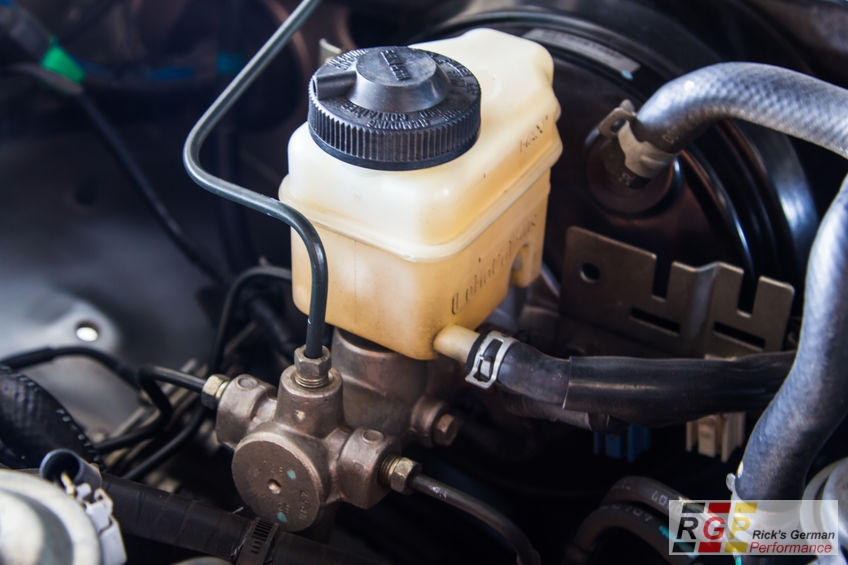
How Expensive is Brake Line Repair?
Depending on the severity of the brake line leak, will determine how long it will take. This also applies to how much brake line repair will cost. There are a lot of factors that come into play such as the make and model of the car, how severe the damage is, and if new brake line repair parts are required. If you are needing brake services in Atascadero, CA, you can call on the mechanics at German Performance. We are able to offer repair rusted brake line, leaking brake line, and more. We know that having a leak coming from your brake line can be stressful, as well as worrying about how much it will cost and how long it will take. We will walk you through the whole service to make sure you know what is going on and how much you will be expected to pay. To make an appointment with us, call our office at (805) 466-3236.

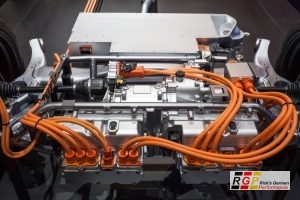
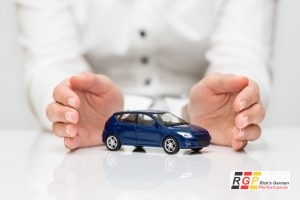


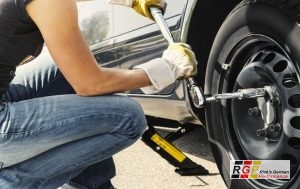

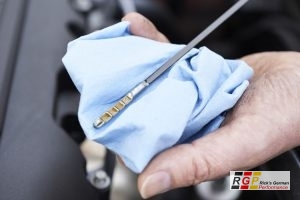
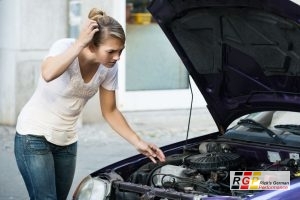
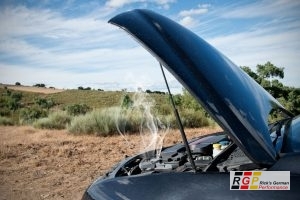
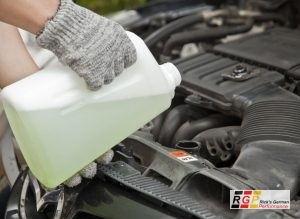
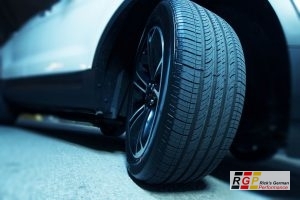

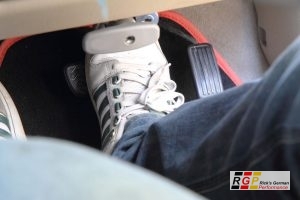 Our car’s brakes are important to the function of our car as the brakes help our cars from coming to a complete stop. Due to their importance, it’s critical to get your brakes checked every six months. If you don’t remember the last time you had your brakes checked, there are indications that let you know when services are needed for your car’s brakes.
Our car’s brakes are important to the function of our car as the brakes help our cars from coming to a complete stop. Due to their importance, it’s critical to get your brakes checked every six months. If you don’t remember the last time you had your brakes checked, there are indications that let you know when services are needed for your car’s brakes.